9 Signs that You Need a Mold Inspection
Given the right conditions, mold can thrive in your home without you ever knowing. Mold usually grows in warm, damp spaces and can cause health problems, especially in people with allergies. The only way to know you have mold in your home for certain is by scheduling a professional mold inspection. In turn, you can rely on the following signs to let you know that it's time to call a professional ASAP.
1. There's Water Damage in Your Home
Do you notice signs of water damage in your home? These signs often include stains on your ceiling or walls or rotting wood. If you notice water damage in your home, it means there are areas with moisture where mold can grow. In addition, if your home recently experienced a flood, mold can start growing within 48 hours, and you'll require mold remediation services to solve the problem.
2. You Have Leaks in Your Home
You should pay attention to leaks that occur in your home. If left unattended, leaks can cause damage and create the perfect conditions for mold to grow. The most common types of leaks are roof leaks and pipe leaks which often occur out of sight. Check the areas where leaks are likely to occur, and if you notice anything, scheduling a mold inspection will help you determine if mold has had an opportunity to grow.
3. There's a Musty Odor
Mold can cause a musty odor in your home, which intensifies if the home is not aired regularly. The moldy smell quickly spreads throughout your home because mold spores are light, and can once they are airborne, they can quickly travel to every part of your home.
4. You See Visible Signs of Mold
Mold is a type of fungus that can grow in a variety of colors, including black, orange, green, or purple. While it's normal to see mold growing outside, mold doesn't belong inside your home or building because of the health problems it can cause. If you notice mold around your house, then you will need a mold inspection to ascertain the extent of the mold infestation.
5. Humidity Levels Have Increased
According to the EPA, you must reduce your indoor humidity to between 30 and 60% to decrease mold growth. So if you notice that the humidity levels in your home are getting out of control, you might be at risk of mold growth. This is especially so if the situation remains like this for long. Remember, mold thrives in moisture, and high humidity levels promote dampness.
6. Your Experiencing Symptoms of Mold Exposure
There are many indoor allergens that can cause people to get sick, and mold is one of them. If your seasonal allergies are not improving like they used to, the problem might be your environment. Similarly, if someone in the household suffers from asthma, mold can make asthma worse. Other health issues associated with mold include coughing, wheezing, runny nose, sneezing, and even itching.
7. Your Pets Are Getting Sick
Mold can also be detrimental to your pet's health. Generally, pets are affected by mold in a similar way to humans. You may notice your pet showing symptoms like wheezing and coughing. A mold inspection can help you confirm if the issue is caused by mold so that your pets can receive the right treatment.
8. You Notice Dampness in Some Areas
Sometimes, you may not always notice water damage or leaks in your home, but you may be able to notice dampness in some areas. Damp areas need to be quickly dried out to prevent mold growth, but you still need a mold inspection to identify other damp areas that are potential breeding grounds for mold.
9. You Notice Indoor Condensation
As mentioned, all mold problems are centered around moisture. That's because, without moisture, it's impossible for mold to survive and thrive. That's why you should be concerned if you notice any condensation on the inside of your windows. A professional can help you locate the source of the problem.
If you notice any of these signs, don't delay scheduling a professional mold inspection. Even if there are no conclusive signs there's mold growing in your home, a mold inspection can help you uncover moisture in your home.
If there are any areas where mold can potentially grow, early action can prevent the mold from growing. That's why we recommend that you contact us today if you suspect there's a mold problem in your home. You can rely on our services to keep your family and home healthy.
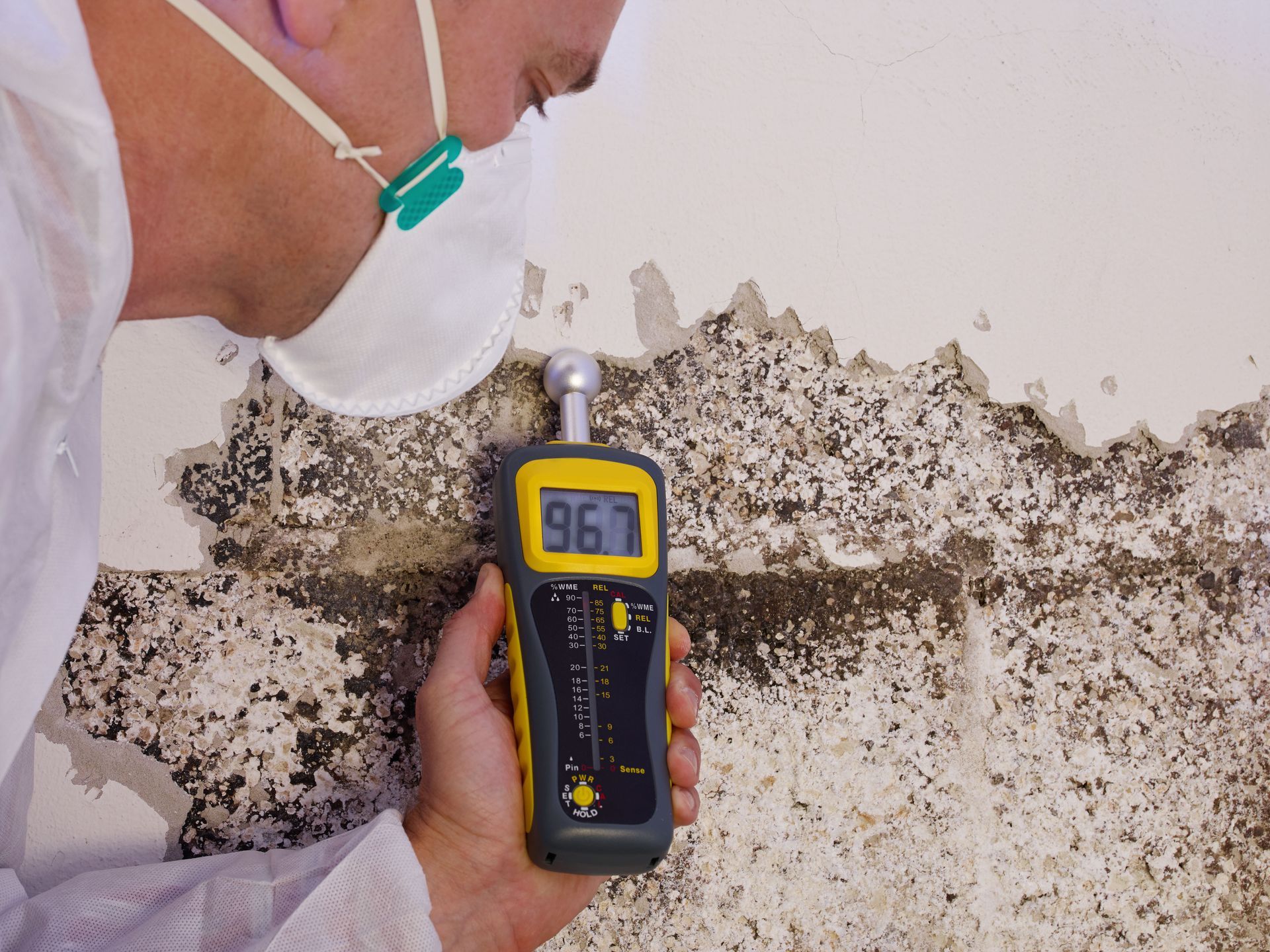
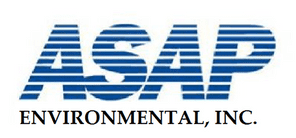
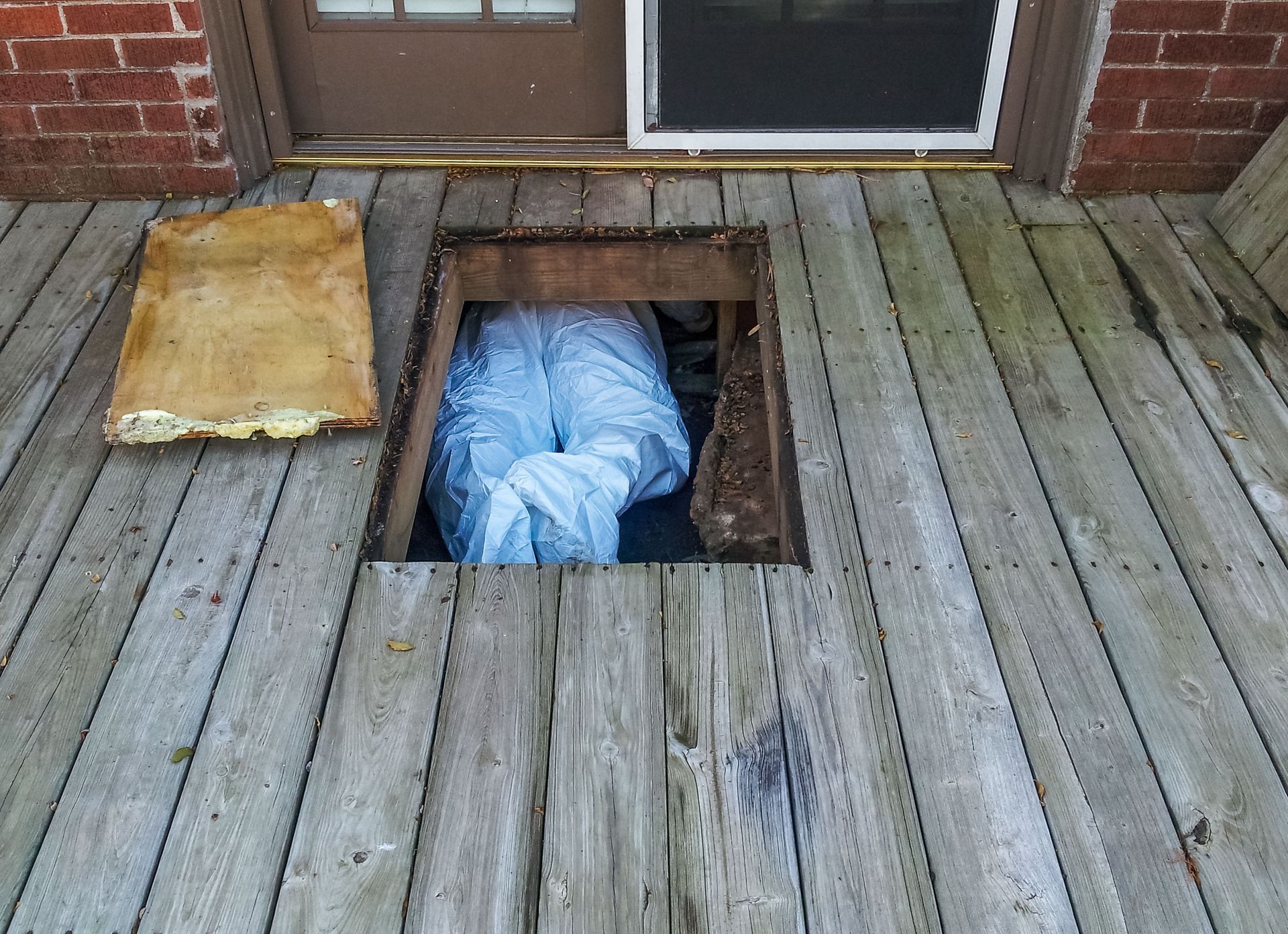
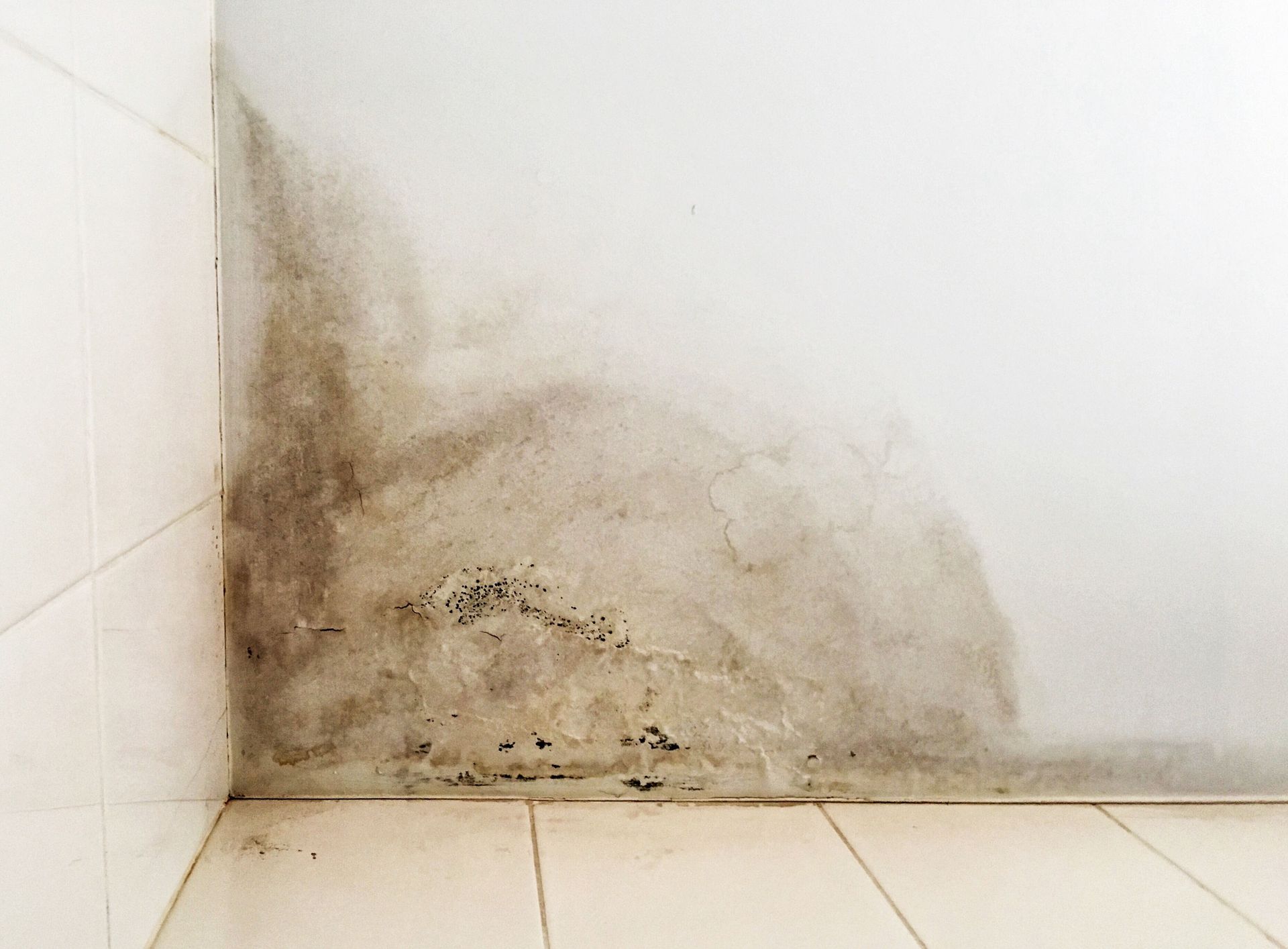
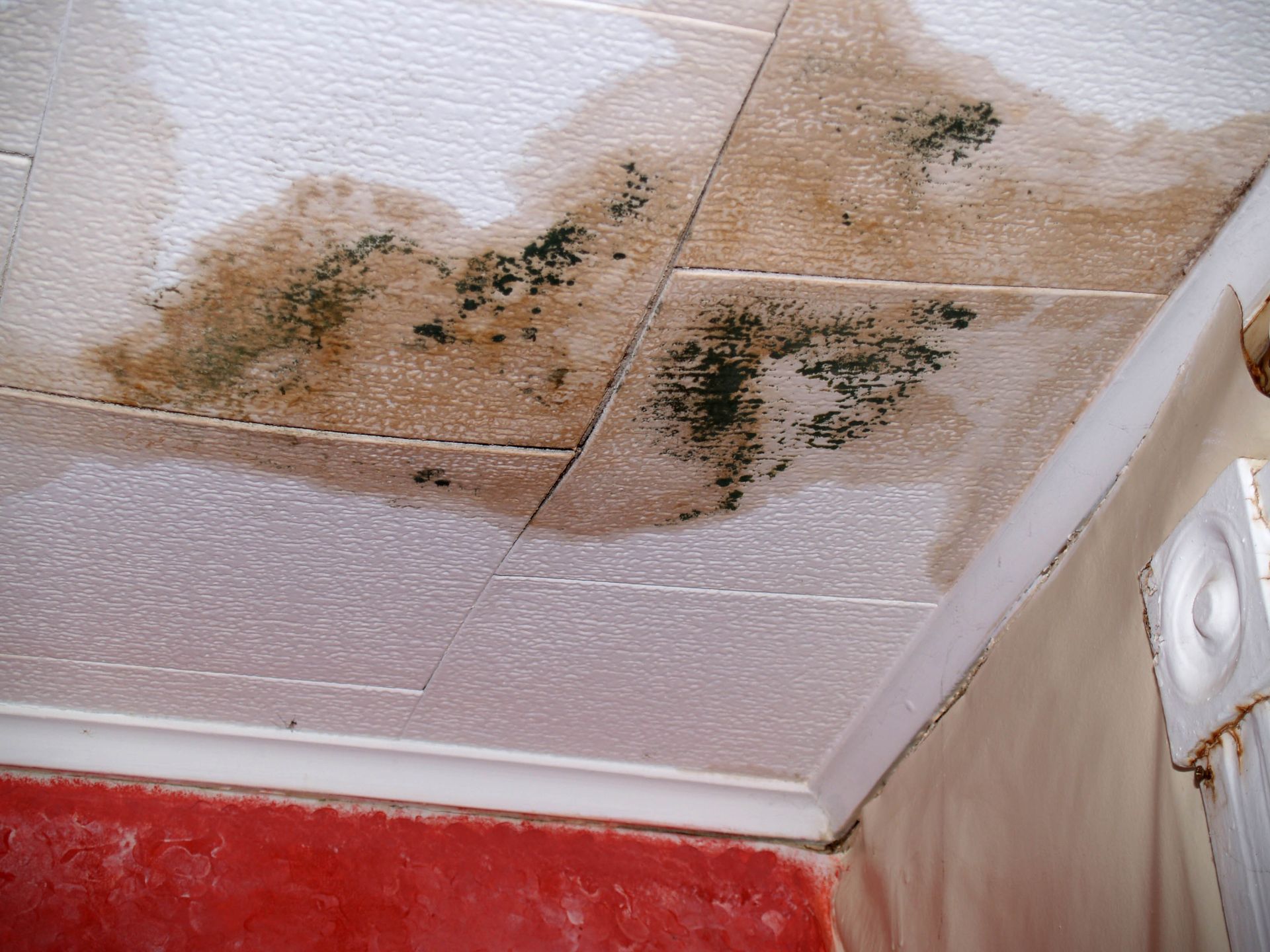
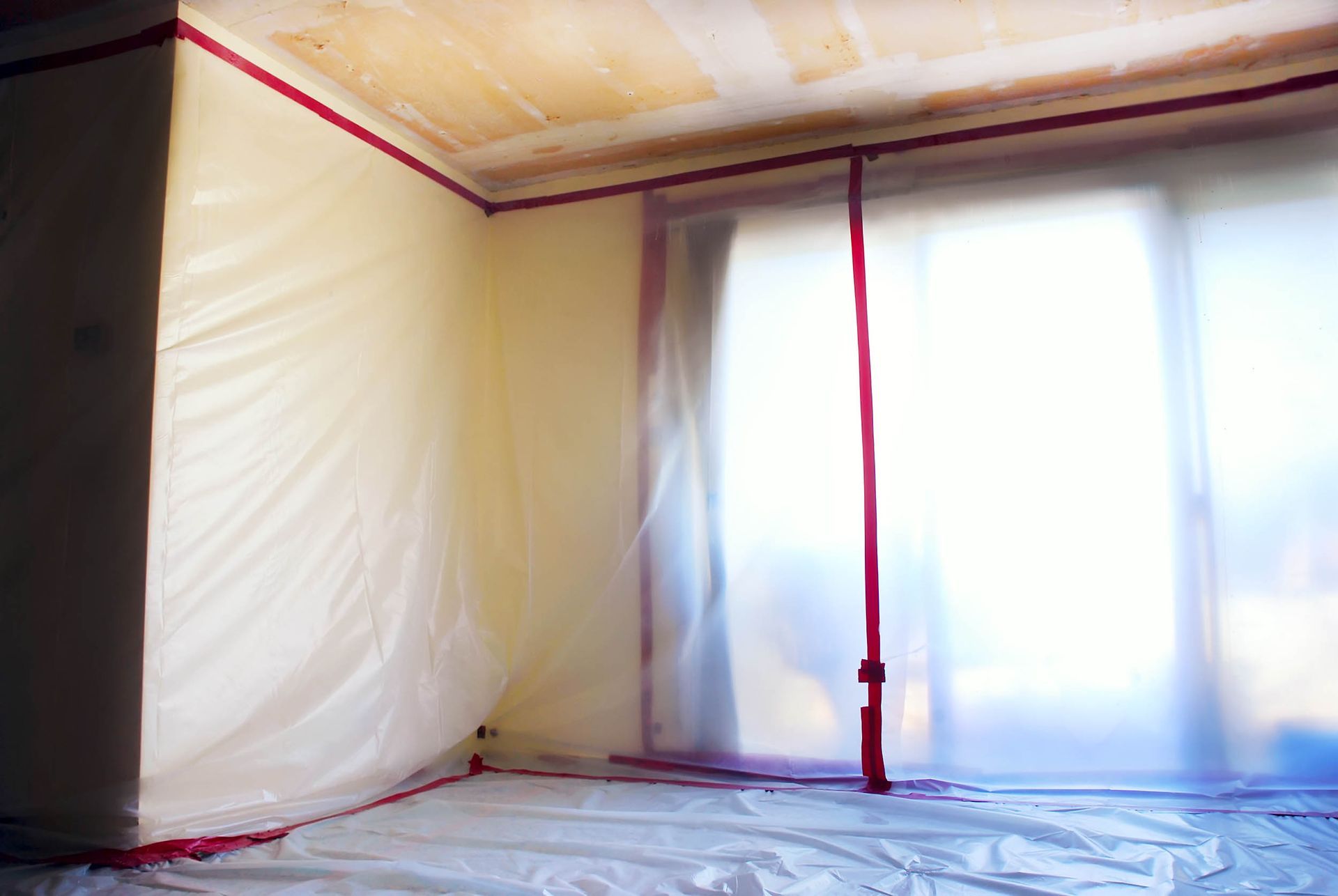
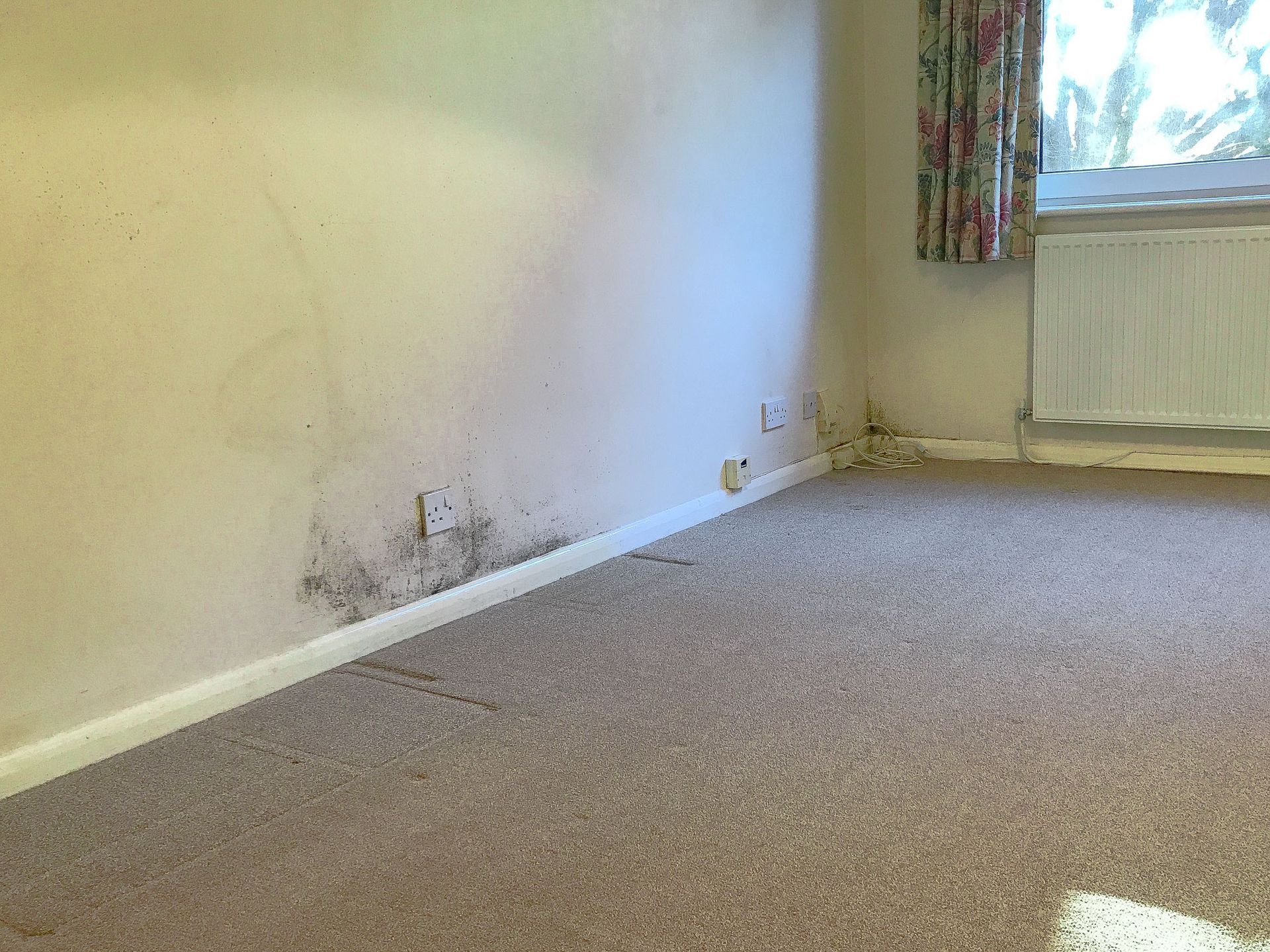
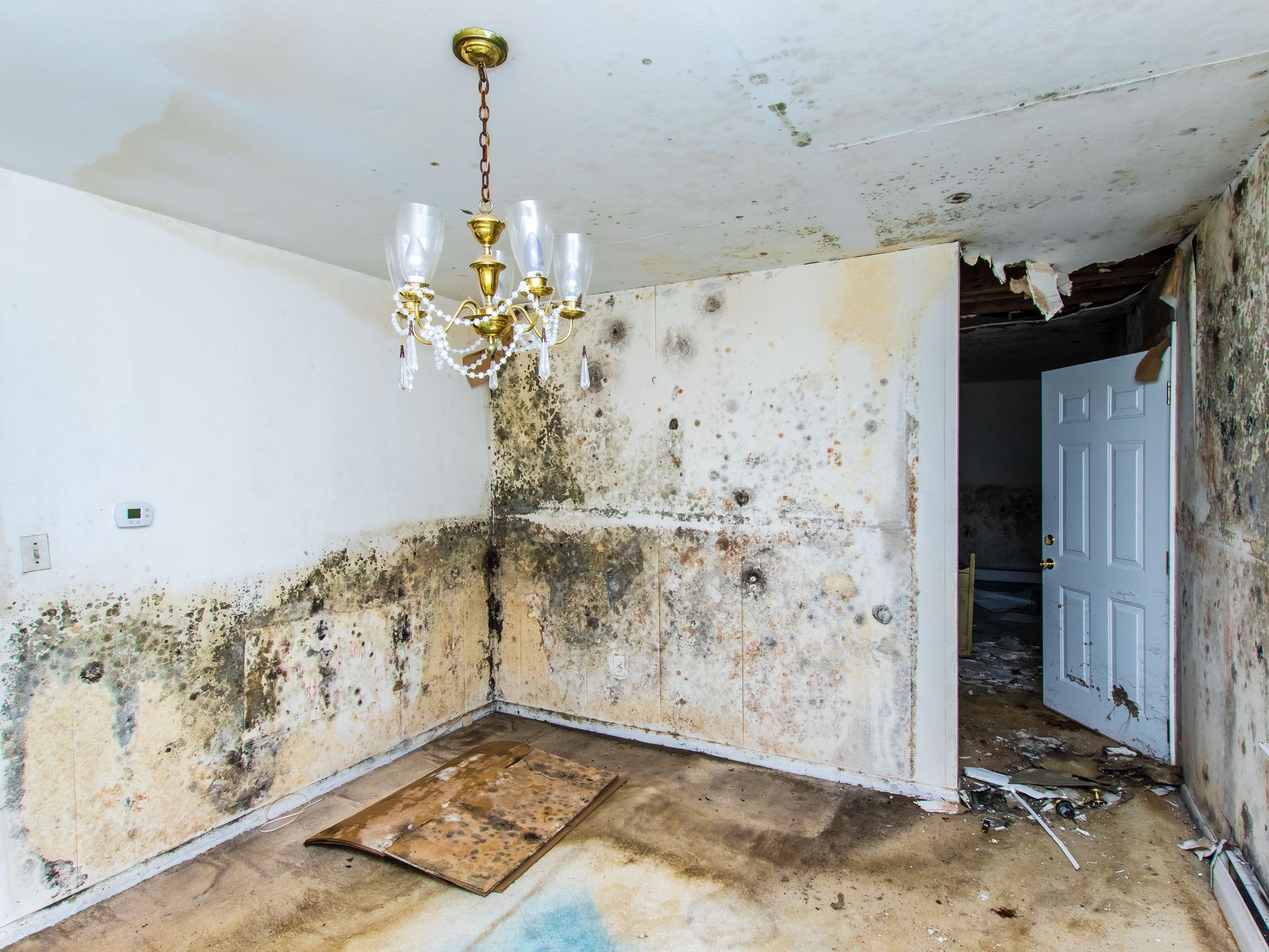
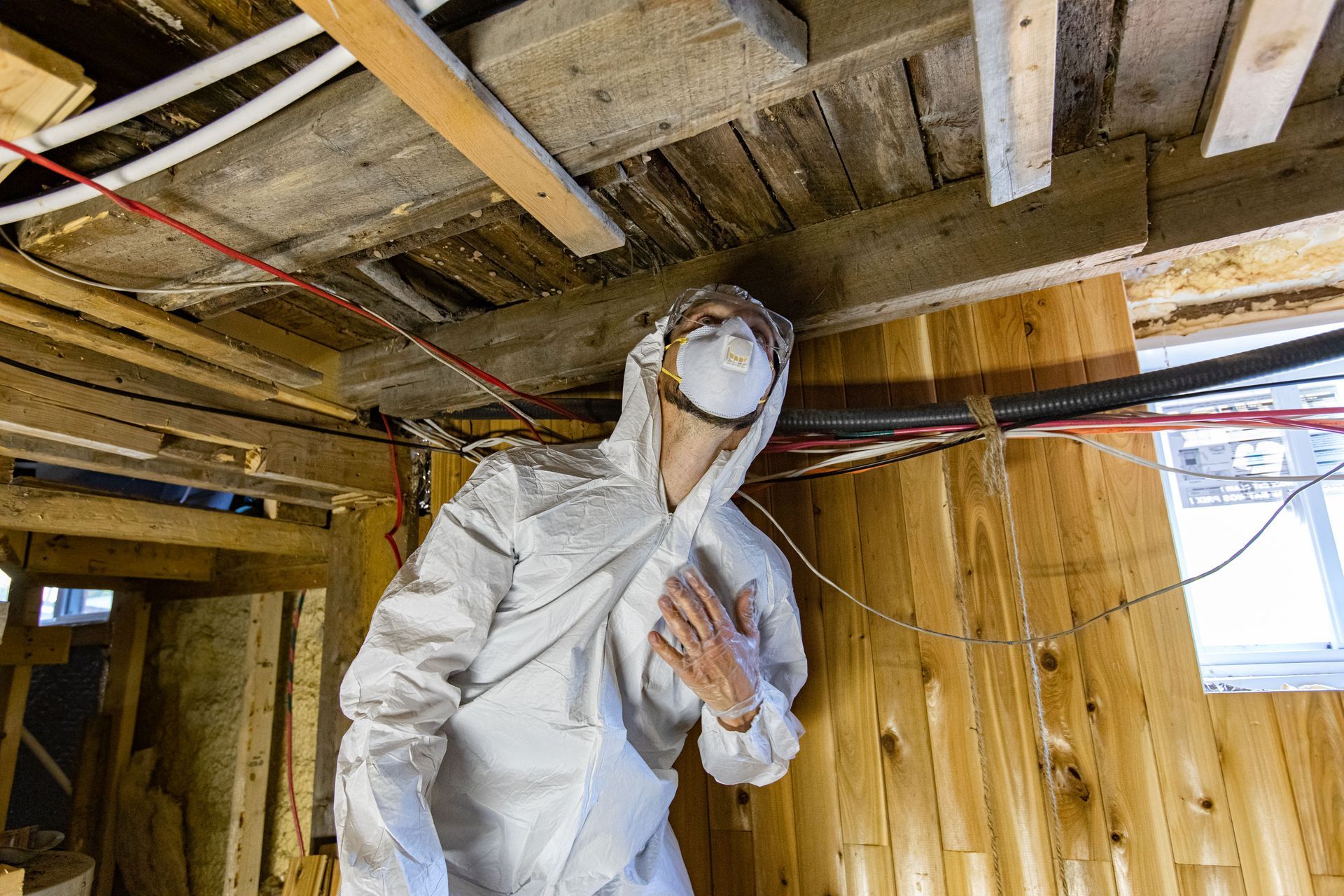
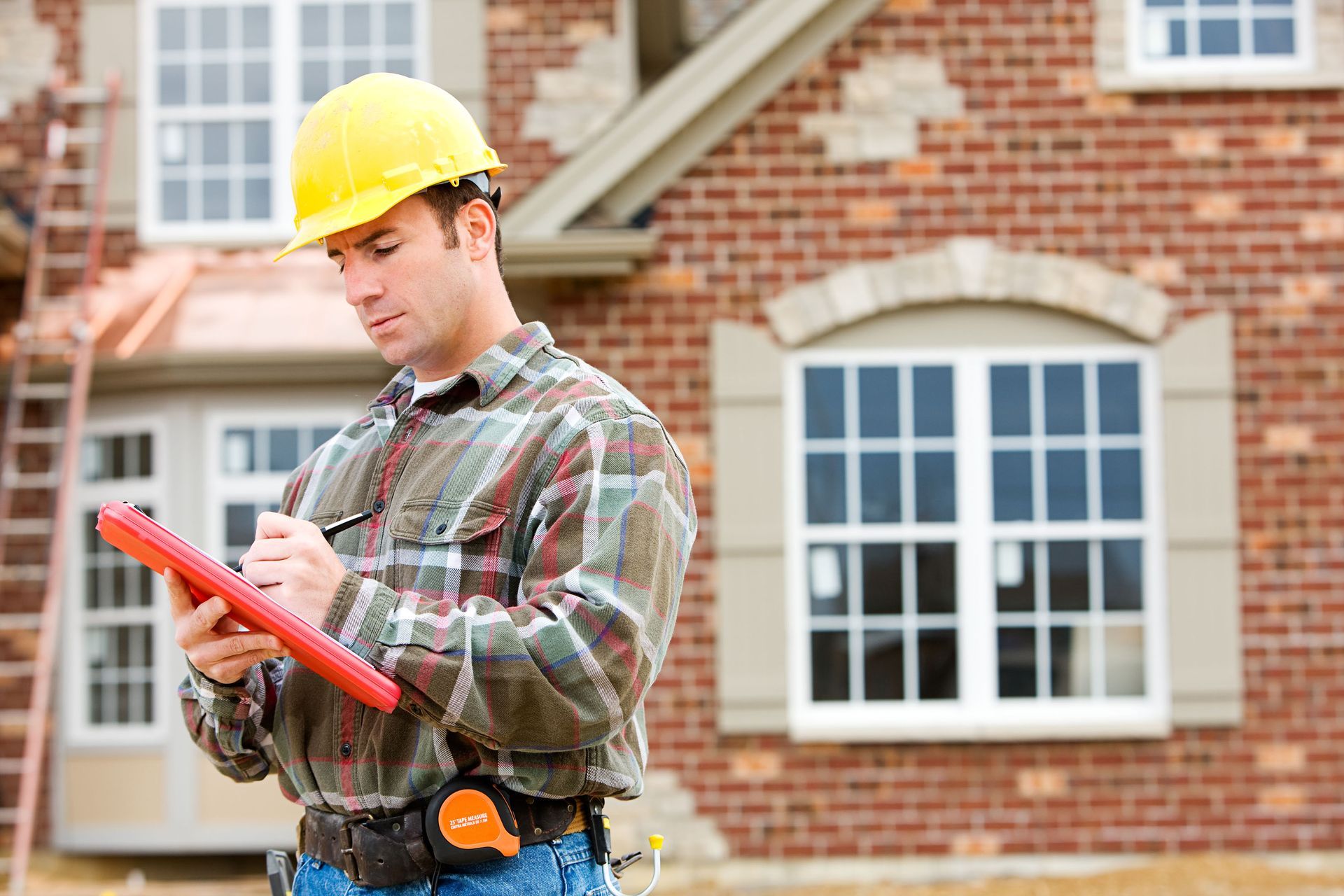
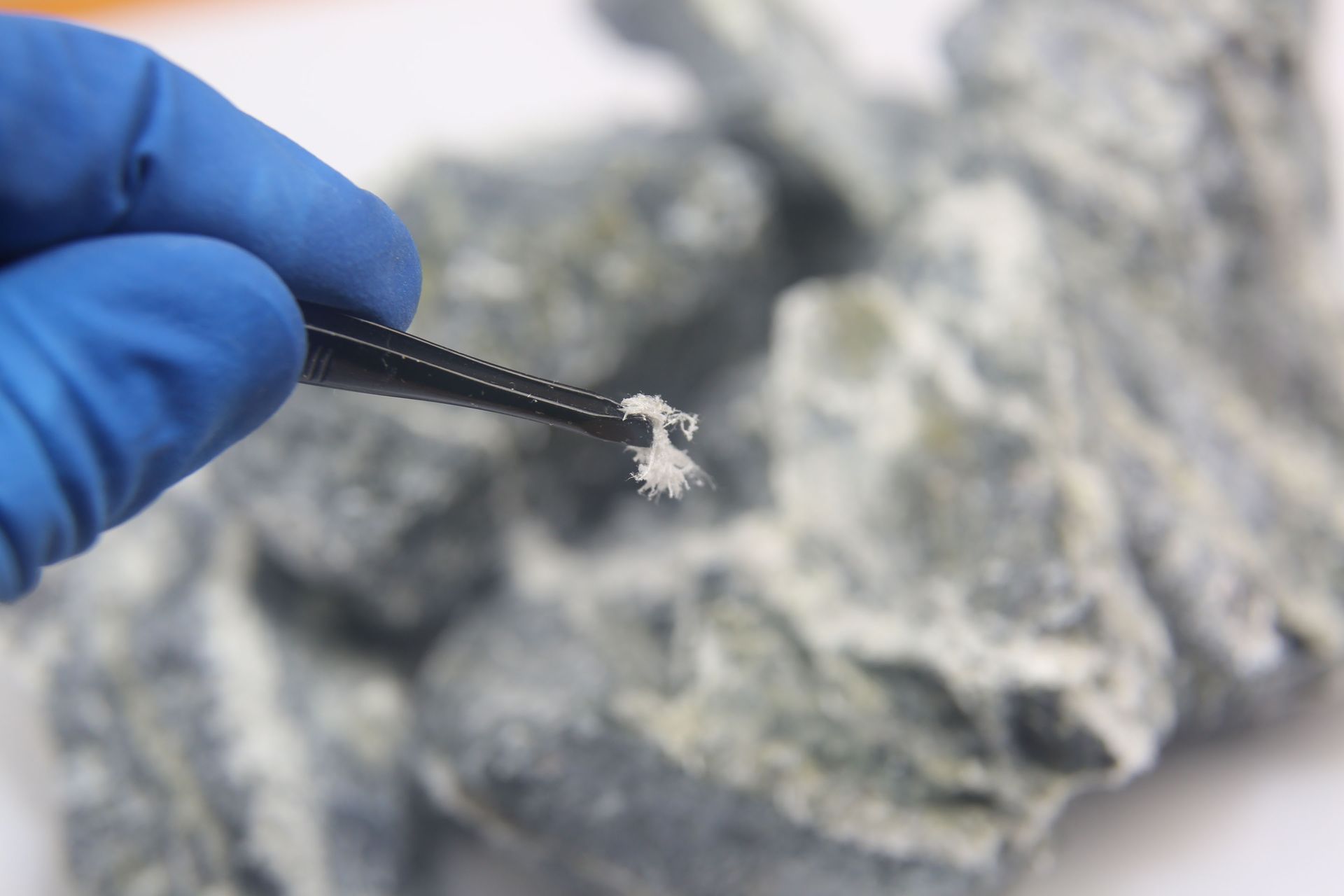
Share On: